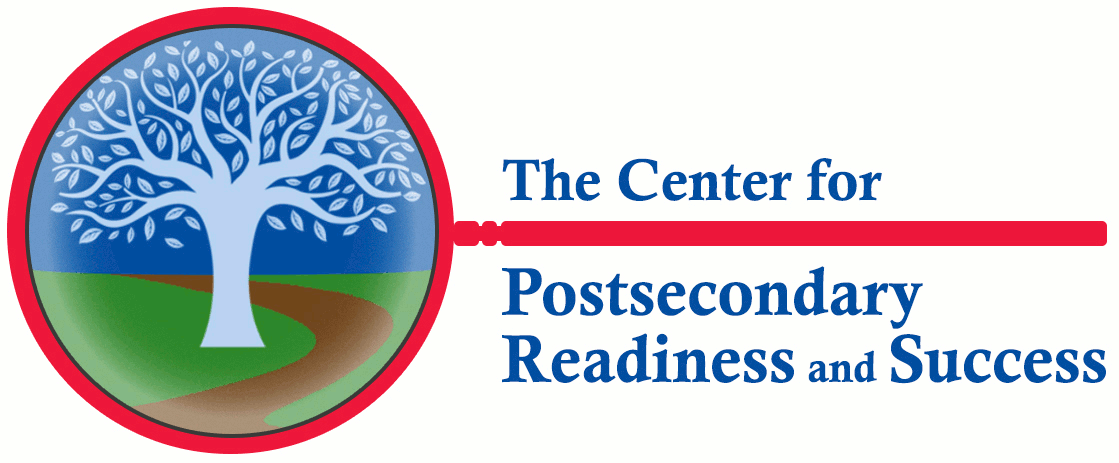ScholarWorks > WMU > JCA > Vol. 8 (2023) > Iss. 1
Abstract
More than 2550 pre-college preparation and college access programs in the United States are designed to increase the postsecondary enrollment and degree obtainment rates for historically excluded college students, including low-income and Students of Color. Less known is how these programs address the social emotional, and well-being needs of college-going Black and Indigenous women enrolling at Predominately White Institutions (PWIs). Guided by Gloria Anzaldúa’s Borderlands theory, this study analyzed interviews with five current and former college access program staff to uncover if and how college access programs define and implement well-being into college access initiatives. Findings revealed varied racialized and gendered conceptions and expectations of well-being, as well as competing outcome-based threats to developing a well-being consciousness. This study contributes new scholarship on the cultivation of well-being in college access spaces from the perspective of college access staff.
Recommended Citation
Wicker, Paris D.
(2023)
"Well-being Consciousness and College Access Borderlands: Staff Perspectives on Supporting Students’ Well-Being,"
Journal of College Access: Vol. 8:
Iss.
1, Article 3.
Available at:
https://scholarworks.wmich.edu/jca/vol8/iss1/3
Included in
Higher Education Commons, Indigenous Education Commons, Other Education Commons, Secondary Education Commons


